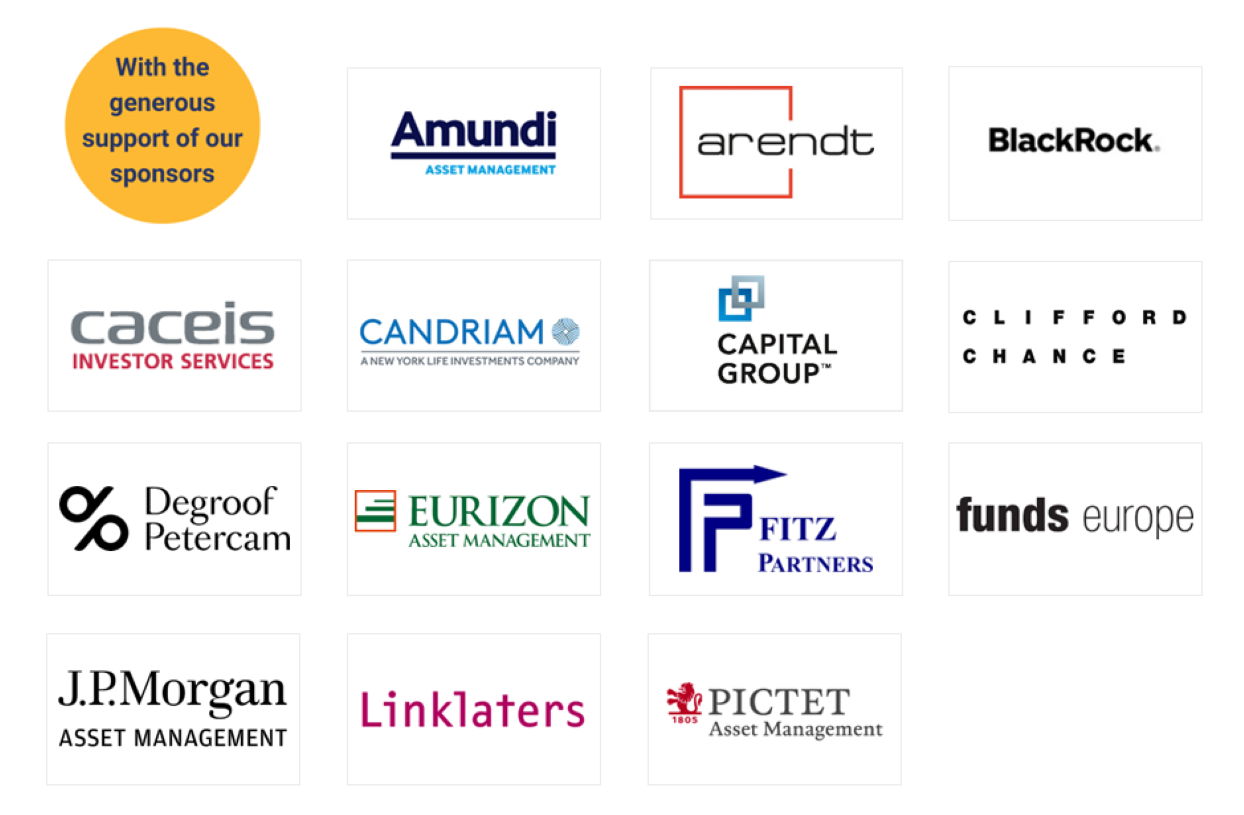EFAMA has today published its European Quarterly Statistical Release for Q2 2022.
EFAMA has today published its European Quarterly Statistical Release for Q2 2022.
EFAMA has today published its latest monthly Investment Fund Industry Fact Sheet, which provides net sales data on UCITS and AIFs for June 2022, at European level and by country of fund domiciliation.
EFAMA welcomes the OECD's work on Schedule C: Exclusion of Revenues and profits from Regulated Financial Services from the scope of Pillar One, in particular the amendments to the definition of “Asset Manager", licensing asset management as a business, the level of regulaton and the activities list.
EFAMA shares the urgent need to improve the consistency and comparability of sustainability reporting at a global level. Therefore, we welcome the opportunity to respond to the ISSB consultation on the Exposure Drafts on “General Requirements for Disclosure of Sustainability Related Financial Information” (IFRS S1) and on “Climate-Related Disclosures” (IFRS S2).
EFAMA has stressed that global alignment of sustainability reporting standards will be necessary to ensure clarity for investors as Europe moves towards a zero emissions economy by 2050.
EFAMA strongly supports the initiative carried out by EFRAG with the publication of the Exposure Drafts on the European Sustainability Reporting Standards (ESRS). The Exposure Drafts provide key elements framing the architecture of reporting requirements and clarifying the content and key concepts of CSRD. The resulting data will be of crucial importance for investors and for achieving the EU objective to transition towards a zero emissions economy by 2050.
EFAMA supports the Commission’s efforts to encourage more companies to finance their investment through equity contributions rather than debt financing.
The Commission decided to follow a policy option that will enable the deductibility of an allowance on equity financing costs complemented by a rule to limit the deductibility of interest on debt financing instruments.
Brussels – EFAMA has today published its latest monthly Investment Fund Industry Fact Sheet, which provides net sales data on UCITS and AIFs for May 2022, at European level and by country of fund domiciliation.
The European Find and Asset Management Association appreciates the opportunity to submit its views to the European Supervisory Authorities (ESAs) on the Joint Consultation Paper (CP) regarding draft regulatory technical standards (RTS) for taxonomy-related sustainability disclosures pursuant to Article 8(4), 9(6) and 11(5) of Regulation (EU) 2019/2088 (Taxonomy Regulation or TR).
EFAMA replied to IASB’s Request for Information on the Post-Implementation Review of IFRS 10, 11 and 12. We are delighted to see an investment entity within the funds industry being acknowledged and catered for in IFRS. The development of the consolidation standards was a very welcomed development in the asset management world.
EFAMA commented on the current VAT rules for financial services and their functioning, as well as on possible changes to these rules, in a public consultation of the European Commission.
EFAMA agrees in principle with many of ESMA’s suggested approaches in their consultation on guidelines on certain aspects of the MIFID II appropriateness and execution-only requirements. However, certain, essential elements still require further considerations before finalising these Guidelines.
EFAMA welcomes the ESAs’ official approval of the revised PRIIPs RTS and is now awaiting the Commission’s endorsement to have the RTS approved by the European co-legislators.
Originally, the Commission had intended to endorse the revised RTS by Q1 2020. With less than nine months remaining until the 31 December 2021 implementation deadline, there is now simply not enough time for fund managers and other product manufacturers to properly implement the envisaged wide-ranging changes. We explain why in more detail below.
ICMA’s AMIC and EFAMA have submitted a joint response to the IOSCO consultation on fund liquidity management by open-ended funds.
The response highlights how industry practices and existing regulatory provisions in Europe are well aligned with the Liquidity Risk Management (LRM) recommendations issued by IOSCO in 2018 (Annex 1).

Discover the 6 reasons why your organisation should become a member of EFAMA.
Our members enjoy significant benefits including the opportunity to shape the industry positions, get first-hand access to regulatory and political intelligence, engage with industry peers and policymakers, and take part in EFAMA events.
Our three membership categories cater to the wide range of organisations that make up and support the investment management industry in Europe.
